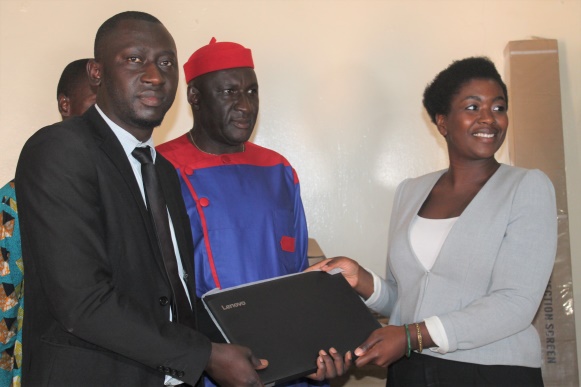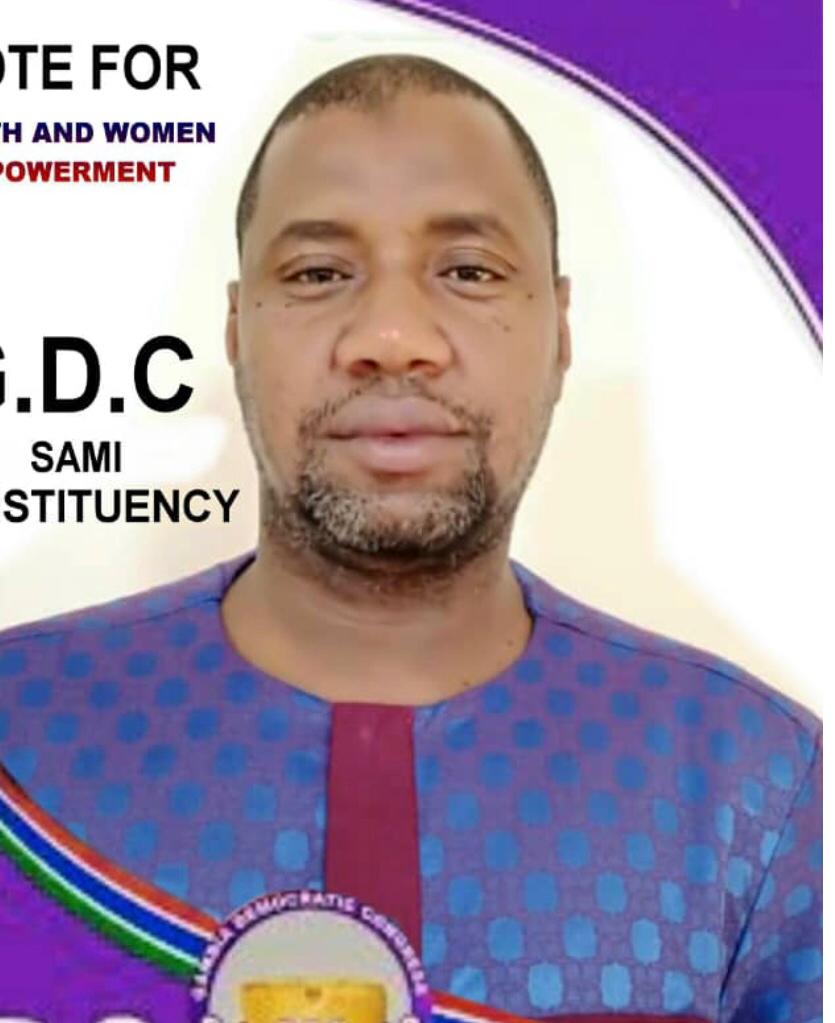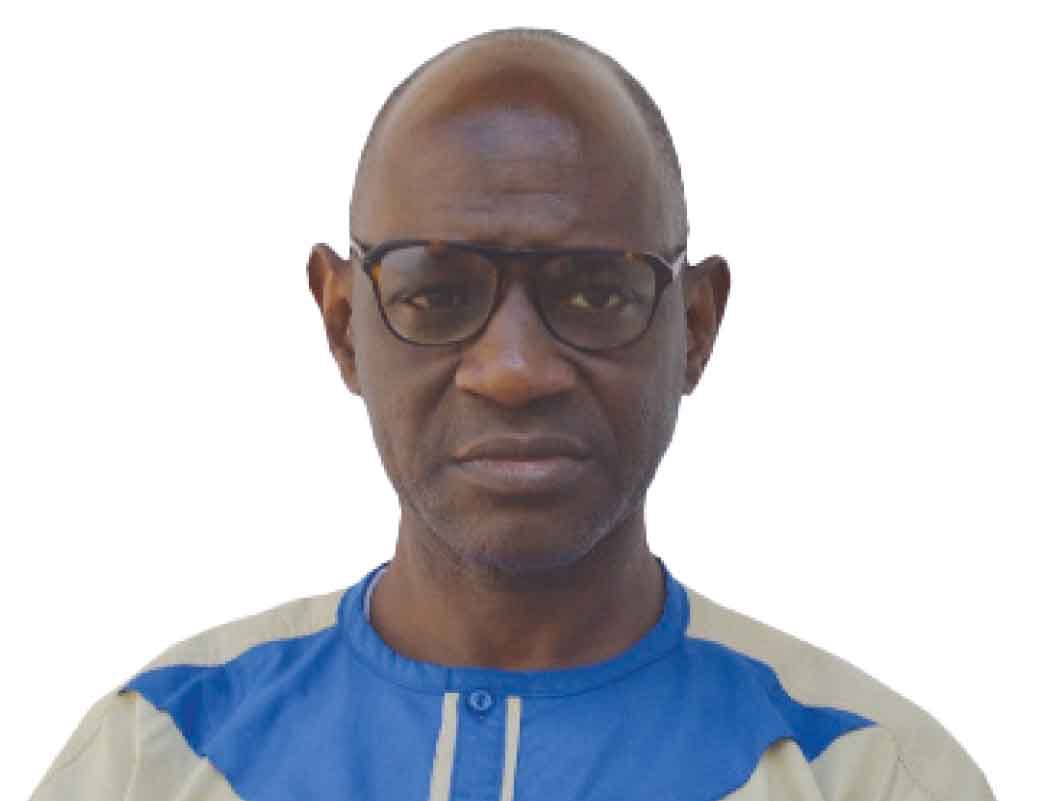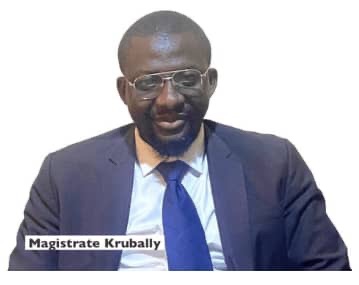By Sulayman Ceesay
National Youth Council in partnership with International Organization for Migration (IOM) intensified effort to curb irregular migration in The Gambia with the establishment of Migration Information Centers in three regions.
The centers are established in three regions of Lower River, West Coast and Upper River Regions of the country to provide timely and accurate information regarding safe migration. Two full time staff are already appointed for each center to deliver service for young people.
In equipping the centers, NYC and IOM on Monday handed over office materials to MIC West Coast Region office in governor’s office in Brikama.
Similar materials are equally handed over to Lower River and Upper River Regions MIC offices.
The materials includes, Laptops, giant printer, executive desks, executive chairs, projector and its stand, air conditioners, motorbike, visitor’s chairs, and cupboard.
The objective of the centers is to provide timely accurate and relevant information regarding safe migration options, job opportunities and alternatives to irregular migration.
The centers will be organizing regular information session at the MICs on migration in general and job opportunities in The Gambia and to enable all Gambians to make informed decisions about migration.
The project is funded by European Union through International Organization for Migration (IOM)
Lamin Darboe, executive director, National Youth Council (NYC), said the centers are supposed to be a safer space for young people, a space that is welcoming, friendly and a space that can offer service in term of information sharing, counseling and other services.
“If it becomes youth friendly we anticipate that lot of young people will have confident and security to come and discuss matters of concerns to them regarding migration and their own lives which is beyond migration,” he said.
He said the center will serve as a platform for outreach to allow youth structures on the ground, regional taskforces to be able to conduct outreaches to different communities to share necessary information, and document their concerns which could be share with NYC, IOM and other development partners.
“The centers are not just about stopping migration but a platform to provide accurate information that enhances choice and informed decision making by potential migrants for them to know what are the alternative safe migration instead of risking their lives in Mediterranean Sea,” he said.
This, he hope will lead to local ownership of this process and that people will find way of taking responsibility and ownership to provide accurate consistence information to these people.
“There are opportunities and actions that we can exploit in this country and we can make it here. Often people migrate but later regret why they even left this country that is telling you, they are not well informed to help them make informed decisions about why they should migrate,” he said.
Musa Suso, deputy governor, West Coast Region (WCR), described the handing over of materials as timely and will help to address issues of irregular migration in the country.
“Irregular migration, especially of the youth is of great concern to the Gambia,” he said.
He said the establishment of the centers will further help to improve the government’s capacity and network to deliver timely and relevant information regarding safe migration measures and alternatives to irregular migration.
Etienne Micallef, Program Manager, IOM, said: “These centers will become agents & space for accurate information on migration. We hope that community members grow empowered to make informed decisions on their journeys, which is the foundation of safe & orderly migration.”
He said in the coming months, they will continue to assess how the centers are operating, in order to see how they can enhance the space and maximize its use.
“It’s our vision that through added creative and design work, the centers become a safe space for youth to discuss migration and that community members genuinely feel comfortable seeking information on migration,” he said.




